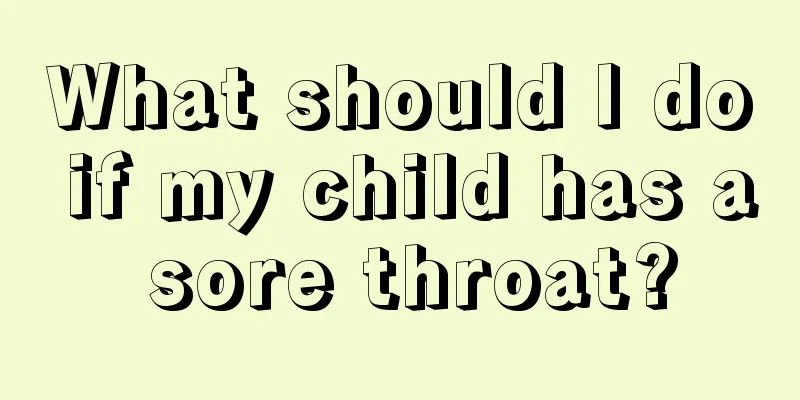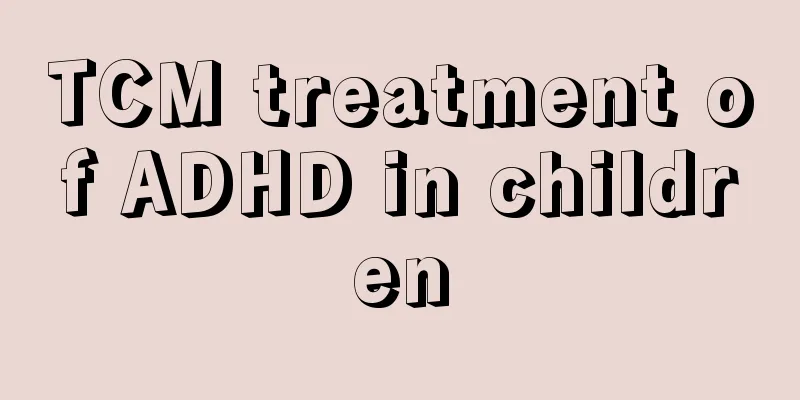Causes of blisters on baby's face

|
In this season of spring, people always feel that their faces are prone to allergies. It is not surprising that many children often experience allergies at this time. For example, blisters appear on the baby's face. This allergic reaction makes many parents feel helpless. So what should we do? Infant eczema is often related to feeding, and it is common that children who are fed with milk have more eczema. Other factors are also triggers of eczema, such as: environmental factors, humidity, sunlight, ultraviolet rays, improper selection of detergents, excessive nutrition, abnormal fermentation in the intestines, etc. Infant eczema can occur in the neonatal period, is more severe between 6 months and 1 year old, and improves at 1 and a half years old. Eczema starts with small red rashes on the cheeks, which quickly spread to the forehead, neck, and chest. The small red rashes may turn into small blisters, which may burst and ooze water, and then form yellow scabs. It comes back repeatedly, sometimes mild, sometimes severe, and the itching is unbearable during acute attacks. Infants often become irritable and cry, which affects their sleep and eating. When secondary infection occurs, systemic symptoms may also occur. The best way to avoid baby eczema is to choose exclusive breastfeeding from birth. Do not use cow's milk as a substitute even if breast milk has not yet come in. Because even if the baby is fed only 30 ml of milk, antibodies will be produced in the baby's body, leading to allergies in the future. For children with allergies, it is best to add egg yolks, fish and shrimp foods after 7 months. Babies who already have eczema should pay special attention to their care and feeding. (1) Avoid using soaps with strong alkalinity. Use warm water to wash your face and bathe to keep your skin clean. If you think that your baby should wash his face and bathe less often if he has eczema, you are wrong, because unclean skin will increase the chance of secondary infection. (2) Underwear should be made of pure cotton and avoid the irritation of chemical fiber and wool products. Do not wear too many clothes. Overheating and sweating will make eczema worse. (3) If you suspect your baby is allergic to milk, you can feed soy milk instead, or boil the milk several times before giving it to the baby, which can reduce the allergy. When feeding babies, you should also avoid over-nutrition to avoid inducing eczema. (4) Infant eczema is prone to recurrence, so medication must be used under the guidance of a doctor. In the acute phase, local medication can be used, such as: washing and wet compressing with 1-4% boric acid water, applying 40% chloramphenicol zinc oxide oil, etc. The principle of medication is to choose drugs with low concentration, high efficacy and few side effects. Hormonal and non-hormonal drugs should be used alternately, such as: beclomethasone and vitamin B6 should be used alternately. When blisters appear on your baby's face, first of all, you must seek timely treatment, especially the skin care products that your child usually uses, which may cause blisters. Children's skin immunity is low, so protect your child's skin. |
<<: How to care for fat particles on baby's face
>>: Treatment of red spots on baby's face
Recommend
Is it normal for newborn babies to fart frequently?
Have you ever realized that babies fart a lot soo...
Causes of breathing difficulties in children
Children are the apple of every parent’s eye. Whe...
The reason why newborns have a lot of mucus
Generally speaking, newborns have more nasal secr...
At what age do children develop breasts?
What women care about most is whether they have a...
What is the source of infection of hand, foot and mouth disease?
Hand, foot and mouth disease is highly contagious...
What to do if children have a fever after eating too much
Nowadays, babies are the center of the family. Pa...
Why does a child lose hair on the top of his head?
Mothers will surely notice that many babies lose ...
What should children eat for pharyngitis?
If children are affected by pharyngitis, they mus...
Add complementary food to your child
When the child reaches a certain age, it is actua...
How to care for a 3-year-old child with fever and cramps?
The most obvious symptom when a child has a fever...
What to do if the baby is in a hurry to eat
There are actually many reasons why babies need t...
Methods for treating myopia and amblyopia in children
Nowadays, there are too many TVs and mobile phone...
Gift for little girl?
If you have a niece at home or your friends have ...
Why is the gum swelling when the child changes teeth?
Children may have some adverse physiological reac...
Baby diarrhea turns from yellow to green
Every change in the baby after birth is watched b...









